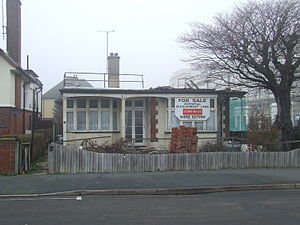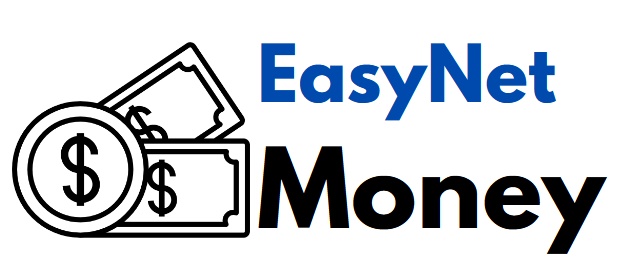The Situation
When selling your home you always want a good price. After all, you need the sale money to buy a better house. And to that end, you will follow all the tips you can find to increase your property value.
You pack up all of your nick knacks, replace the broken sliding door in the bathroom, and repaint the bright red walls in your teenager’s room a serene blue. You make sure to garden, weed, and craft the yard attached to your house into a masterpiece.
Standing at the curb, you start to imagine what the potential buyers will think when your real estate agent shows them the house. You imagine their mouths falling open in awe when they see the thistles and weed free grass. You remember that it is believed that a clean and neat landscape can improve the value of a home by up to 11%. Satisfied, you begin to survey the neighborhood, and that’s when you see it.

You knew it was there. That house. The one with the knee high grass, and broken, lopsided shudders framing the window. You take a quick mental inventory and count about a dozen other things wrong with it. Then you remember that it is possible for outside influences to affect the value of your home negatively. You think about how if you had seen this sight ten years ago when you first bought your house what you would have thought. You realize that you are looking at something that will directly hurt your home’s property value.
While this is a rather common problem in a lot of neighborhoods, it is not one that cannot be dealt with. You have a few different options when tackling a situation such as this.
Potential Tactic A: The Sneak Attack
If you find yourself with the neighbors from hell, I wouldn’t commence a sneak cleaning of their yard and house without a lot of forethought. Especially if the house needs a lot of fixing and work to get it up to snuff.
The reason for this is things can get worse. You may not think so, but things can always get worse. If they catch you in the act or take a look at you’re for sale sign and know that you are the most likely culprit, then they could increase their sloppiness to spite you. You don’t want them jeopardizing your chances of selling at a decent price. This is of course the worst case scenario and there is always the chance that you won’t get caught.
Potential Tactic B: Ask To Personally Improve
Assuming that the neighbors are reasonable but a tad lazy or too busy to keep their own house, you can approach them bearing gifts. Once the ice is broken you can engage in a nice chat, and explain why you need the neighborhood to look nice in the weeks and months to come. If they can’t or won’t give the time and energy needed to fix their own yard you can offer to do the work yourself. Depending on how reasonable or unreasonable they are, they might even give you some money for the work.
There is no subterfuge involved with this tactic that could potentially sour your neighbors’ mood. There is also no potential for a neighborhood feud to develop. However, if you fail to convince them they will certainly know that it is you if you turn to a sneak cleaning attack.
Potential Tactic C: Get the Neighborhood Involved
Neighbors can be a vital resource. They care as much as you do about the negative implications of a bad neighbor. If your other neighbors decide to sell, they will also have to contend with a drop in property value. Whether it’s a community ordinance that you decide to put into effect, or selecting a group leader to deal with the sloppy blight on the neighborhood, you can only benefit from the help of the neighborhood.
Remember that numbers are strong. The sloppy neighbors might be convinced to temporarily keep the front of the house clean when there is a sale in the neighborhood. If you get the neighborhood involved and that tactic fails, at least you have a few more people that the bad neighbor will suspect sneak cleaned their home.
A sloppy neighbor can kill your property value when it comes time to sell. If you care about the potential money you could lose from a messy neighbor something has to be done. Because people are complicated and situations can rapidly lose control, I would recommend considering all your options logically before acting on your gut instinct.
Wade Myer grew up under the watchful eye of his father, a contractor, who taught him the tools of the trade. Even though he can swing a hammer with the best of them, he’s always been drawn to the written word where he can frame sentences rather than walls. Currently he writes on behalf of Steiner Homes LTD. who builds Valparaiso homes.

